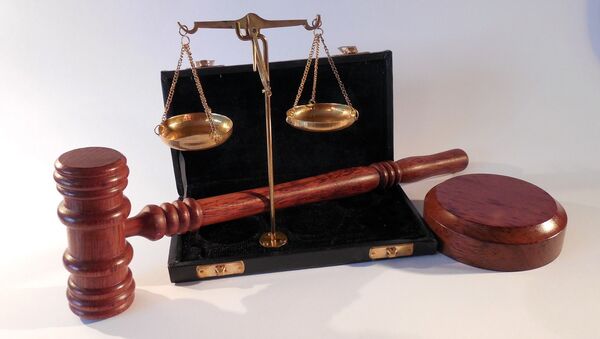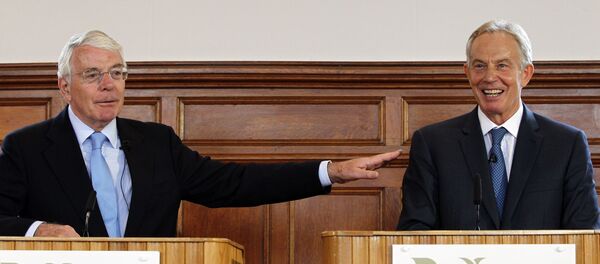British Influence, a pro-single market think tank, says that the referendum — which took place on June 23, 2016 and asked British citizens: "Should the United Kingdom remain a member of the European Union or leave the European Union?" — was only a vote on EU membership and not membership of the EEA.
Our move this week *not* about blocking Brexit. It's about establishing legal possibility not to be forced out of SM by EU. Gov shd welcome!
— British Influence (@britinfluence) 28 November 2016
Peter Wilding, founder and director of British Influence, said: "What we haven't voted is to leave the single market and what the opinion polls suggest that up to 90 percent of voters want to stay in the single market."
He argues that — whatever the repercussions of the vote to leave the EU — Britain still remains a member of the EEA and may still trade openly and simply irrespective of the negotiations to leave the EU.
Which are You: EU, EEA, EUCU, EFTA, PEM?
One of the major issues in the run-up to the Brexit referendum was the issue of immigration. Specifically, it centered on Britain's sovereign right to limit the number of EU workers arriving in Britain to take up jobs over the heads of British citizens. The principle of the freedom of movement of people is one of the central planks of the EU.
The British Influence group says that — under the EEA — Britain will be able to set a cap on EU workers in the UK.
"The EEA agreement enables a country — on the grounds of public policy, public security and public health — to control, its borders. Wait until the deal — in January 2017 — between the EU and Switzerland, which will enable the Swiss to give jobs to Swiss people where there are no other alternatives. If there are jobs available in Switzerland and there are Swiss people available for those jobs, the Swiss Government will be entitled to give those jobs to those people," Wilding told the BBC.
The issue of what the June 23 referendum was actually about — membership of the European Union — may now be played out in court to define what people were actually voting on. The latest challenge argues that it did not include — and therefore mean leaving — the EEA.
However, other trading alliances also exist, other than the EEA. These include: the European Free Trade Association (EFTA) consisting of Iceland, Liechtenstein, Norway, and Switzerland which trade with the EU; the European Union Customs Union (EUCU), which includes Monaco, Akrotiri, Dhekelia, Guernsey, Jersey, the Isle of Man and — partly — Andorra, San Marino, and Turkey); and the Pan-Euro-Mediterranean (PEM) group, which includes all 28 EU states, the EFTA States, Turkey, the countries which signed the Barcelona Declaration, the Western Balkans and the Faroe Islands.
SHOW this video to anyone in the remain campaign now arguing to stay in the single market #Brexit pic.twitter.com/SaWcLZ7L9D
— Change Britain (@Change_Britain) 28 November 2016
Whether British citizens voting in the Brexit referendum knew which one they were talking about is a matter of conjecture and now — if British Influence gets its way — the courts.



